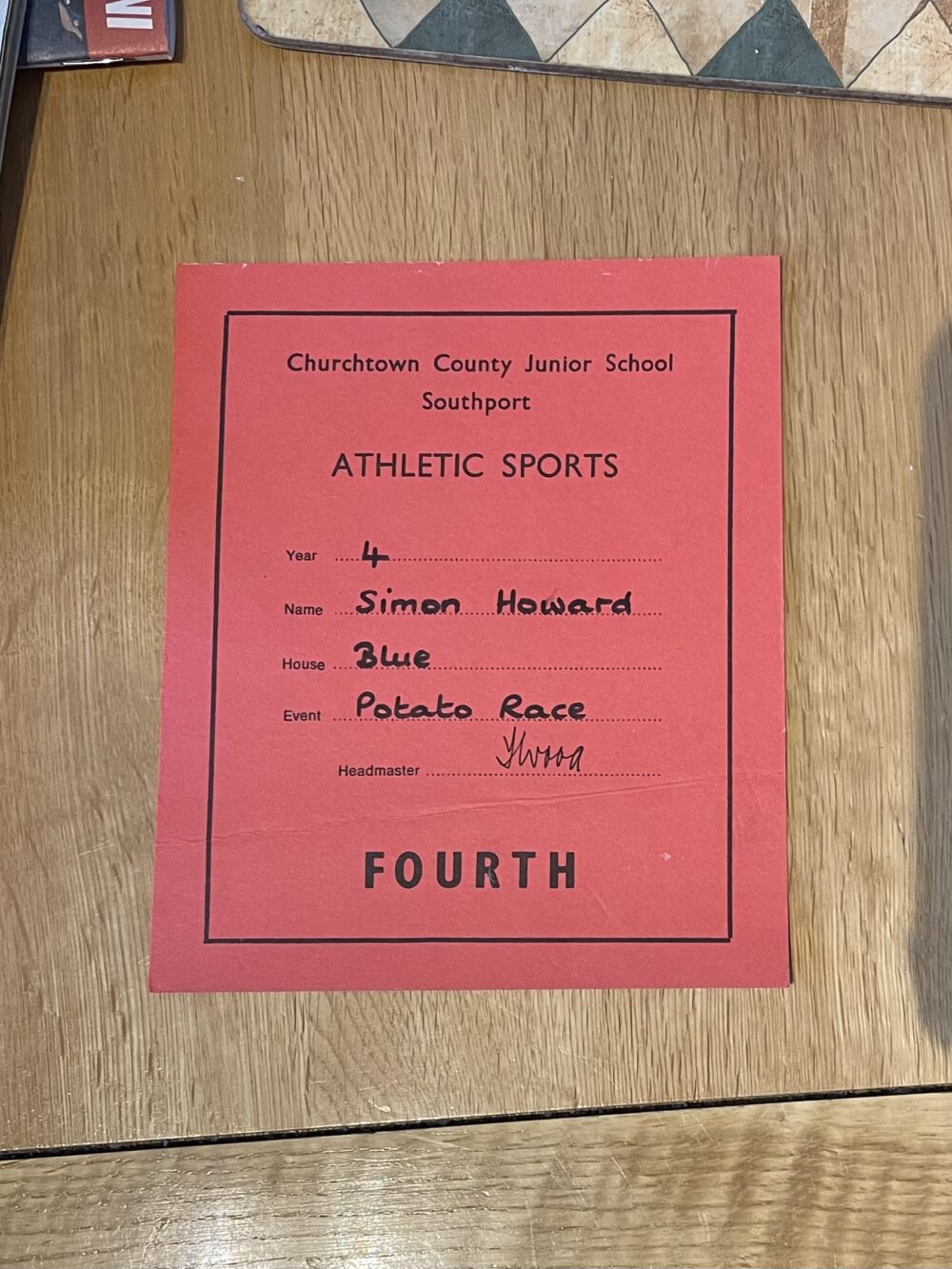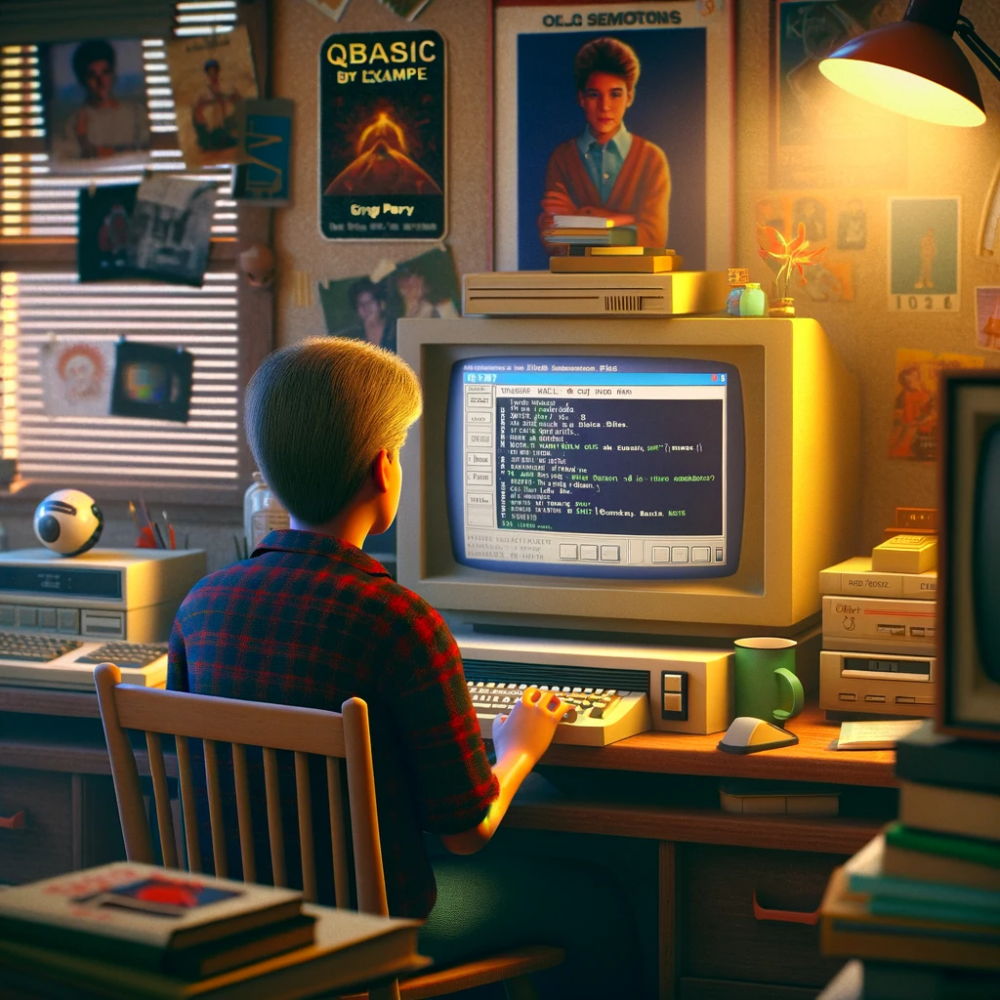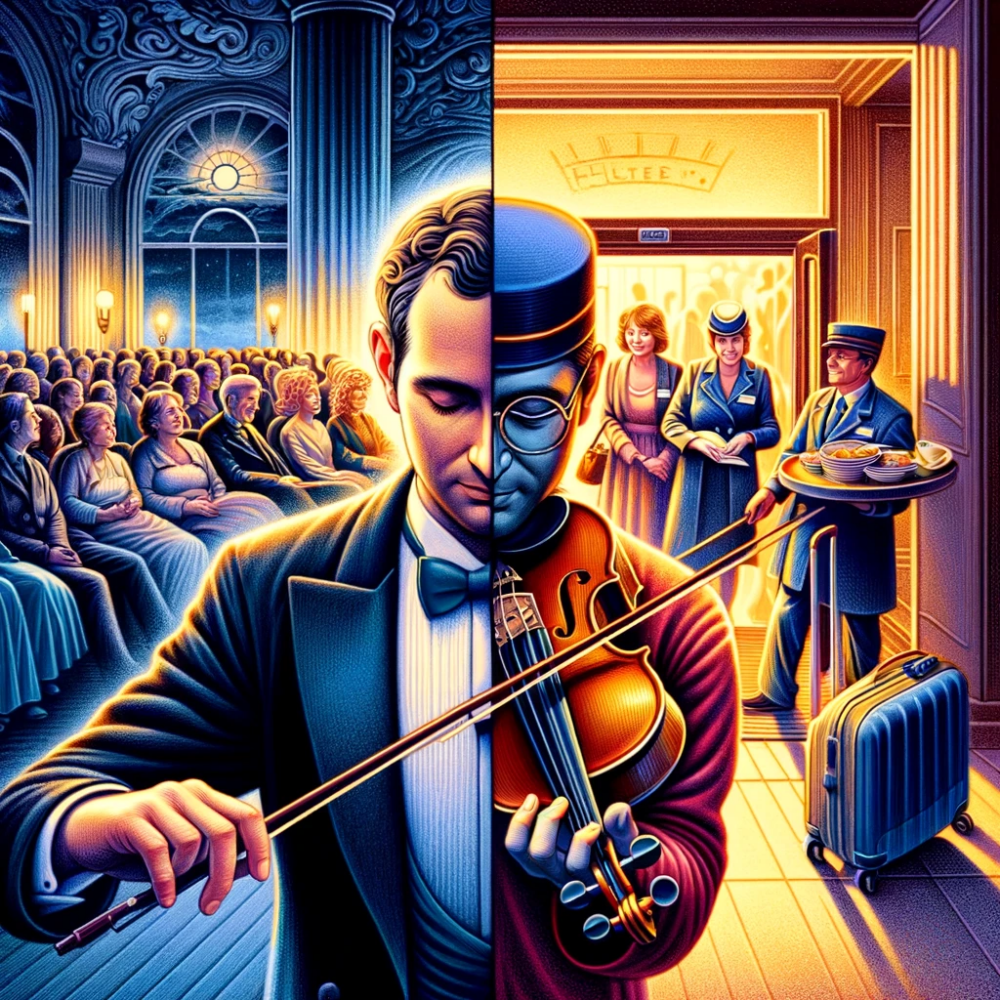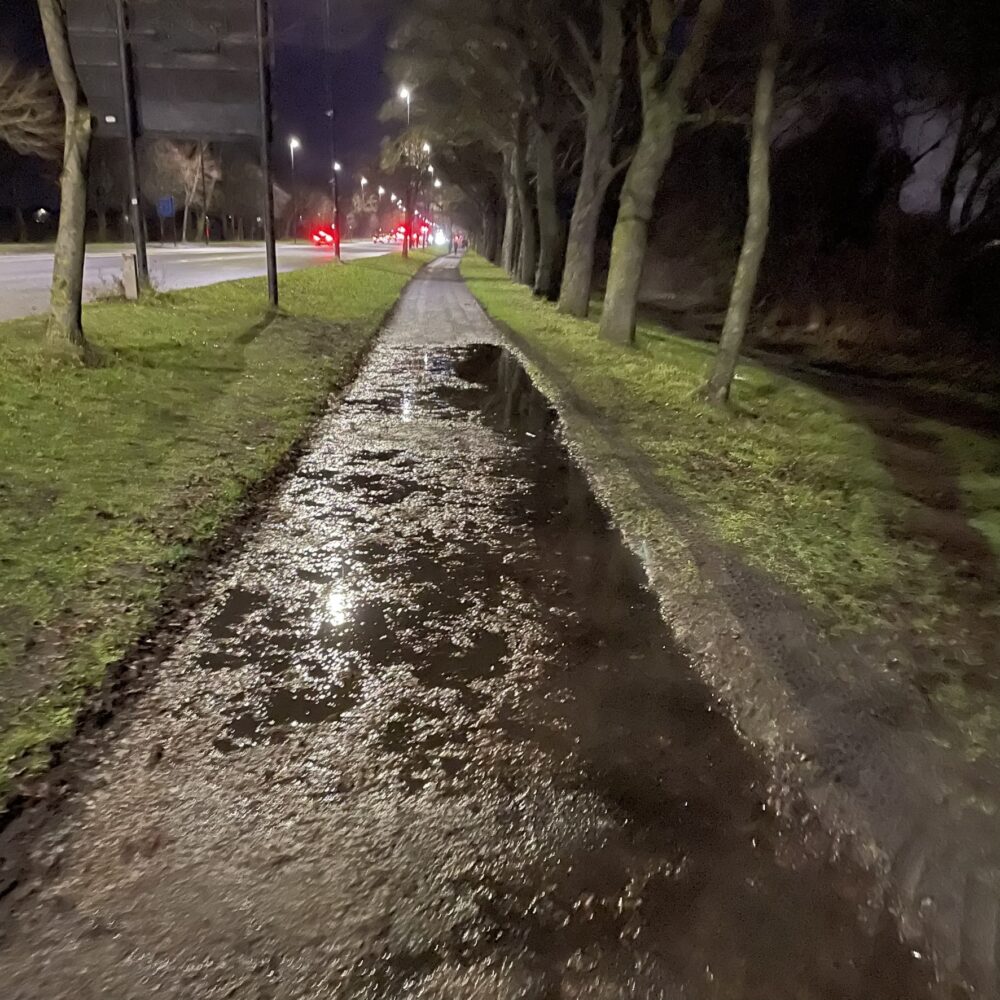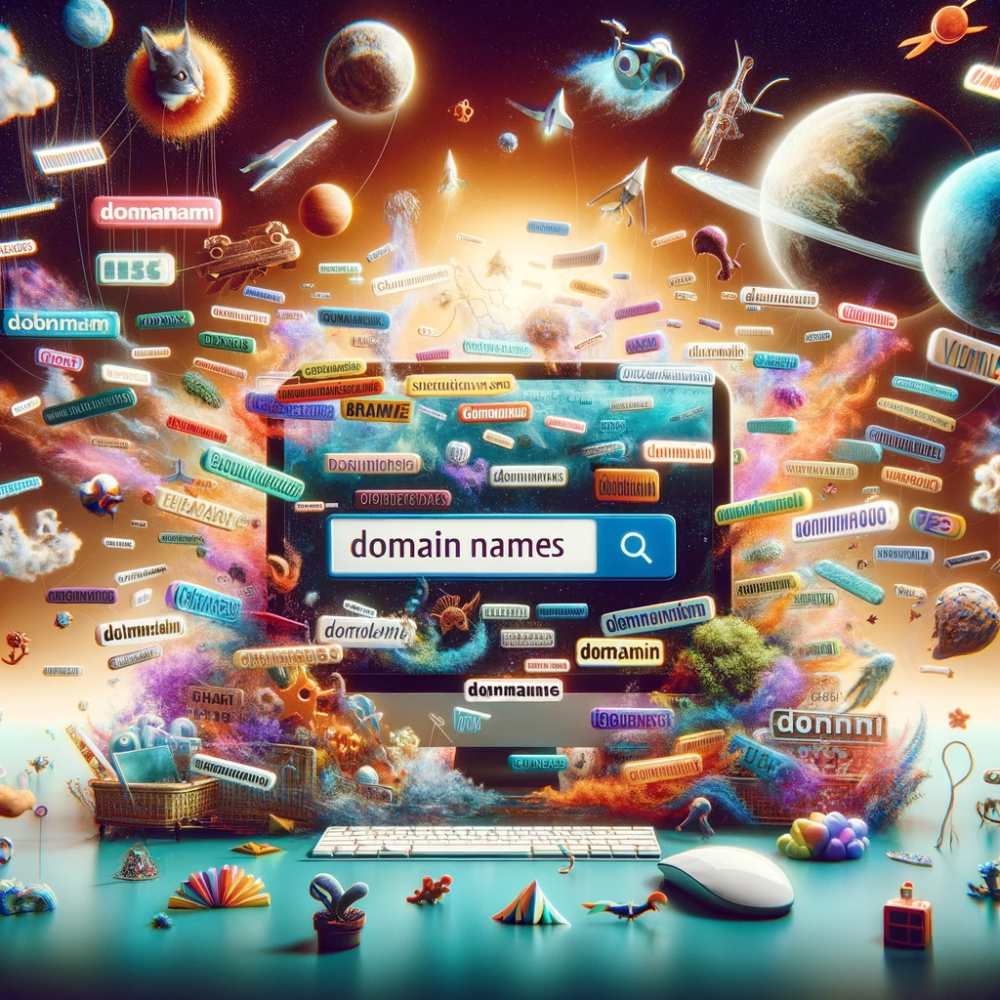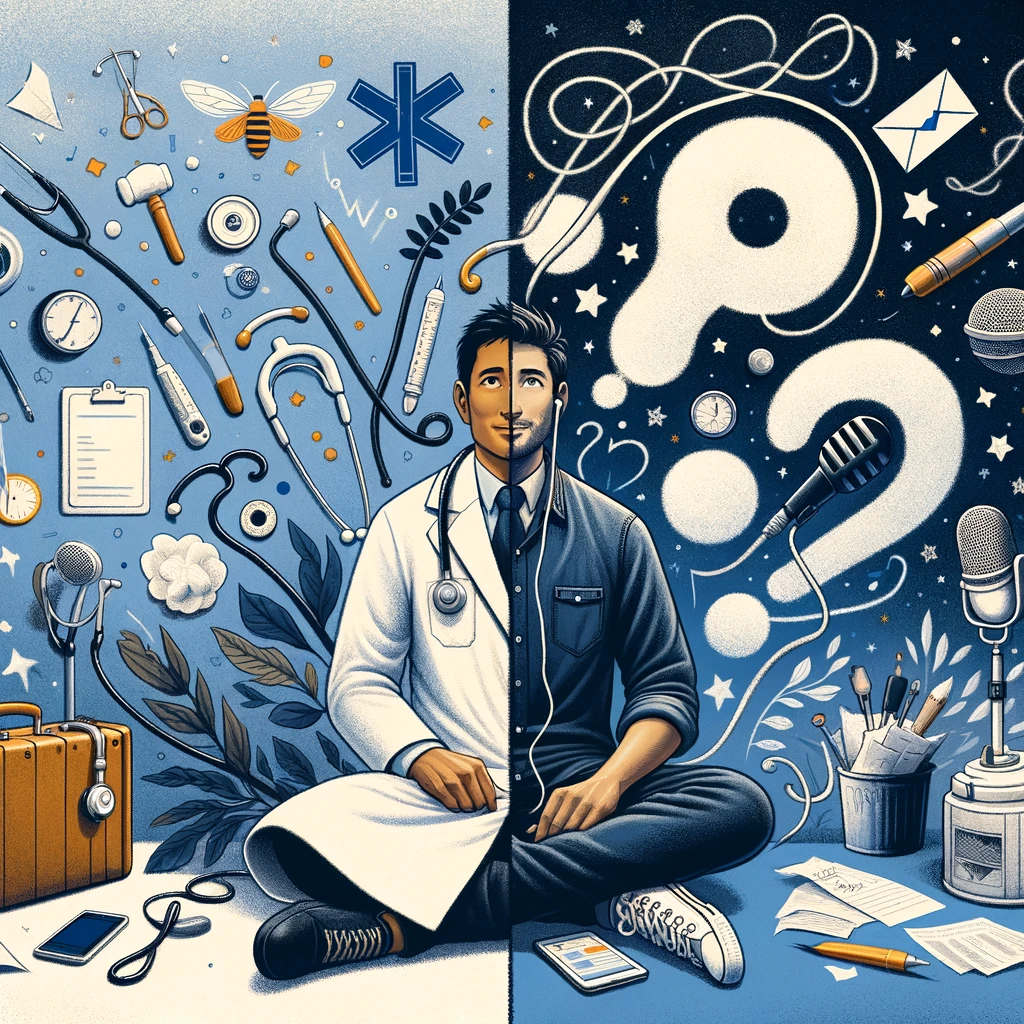I’ve seen ‘Wonka’
Wonka is the much-hyped prequel to Charlie and the Chocolate Factory, starring Timothée Chalamet. It’s a warm, Christmassy children’s musical which many professional critics have highly praised… but I, who know nothing about cinema, have some reservations.
Wonka seems to misunderstand Charlie and the Chocolate Factory, and so doesn’t serve as the character origin story it purports to be. In Charlie, Willy Wonka is a Roald Dahl mix of light and dark; the character we meet in Wonka features no darkness whatsoever. This is surprising, as Chalamet is an actor who could perfectly tread that line.
Wonka reprises the song ‘Pure Imagination’ from the Gene Wilder adaptation, which underlines the degree to which the source material was misunderstood. In the Wilder film, ‘Pure Imagination’ is a welcoming song containing a warning concealed in a riddle: ‘You’ll be free / If you truly wish to be’. Wonka is not looking to treat the children but to assess their pureness of heart to select one of them to replace him. To reveal the children’s true wishes, Wonka encourages them, ‘Anything you want to, do it’—actions resulting in humiliating factory ejections for the unworthy majority. Like the character, the piece combines lightness with a slightly unhinged darkness.
In contrast, Wonka uses the same—still mildly threatening—tune, with slightly altered lyrics, to score a scene in which a child’s dream literally comes true, a scene whose intent is unbridled happiness. This is a weird choice if ever there was one.
The new music in Wonka seems to misunderstand how musicals work, which is a peculiar problem. The music in musicals benefits the production by enhancing the ability to explore complex emotions. Instead of spoken exposition or trying to communicate complicated feelings through body language, characters can describe multilayered emotions through song. But not in Wonka: they are primarily pieces that hammer home plot points. It strikes me that it must be pretty tricky to write a song about opening a shop without exploring the emotional drive to do so, which perhaps explains lines like ‘Put your hand into your pockelet / Get yourself some Wonka chocolate’.
The absence of character arcs makes this an unusual film: no one learns anything. Every character is the same at the end as at the film’s start, with only their situations changed. There is no growth, no coming-of-age: everyone is as everyone was.
Yet, despite all of the above, it wasn’t a bad film. It was pacy, fun, and unchallenging. I’d rather see Wonka again than Gran Turismo, and Wonka had a better grip on its source material than The Exorcist: Believer. It was… okay. And sometimes, okay is good enough.
This post was filed under: Film, Post-a-day 2023, Gene Wilder, Timothée Chalamet.
